Andrea Morgante explains at the project description:
“Kaplický wanted to create a sensitive dialogue between the two exhibition buildings that showed consideration for Ferrari’s early home and underscored the importance of the museum as a unified complex made up of several elements. The views out of the new exhibition building dramatically frame the house and workshop, while views from outside the house and workshop immediately reveal the function and content of the new exhibition building. The height of the new exhibition building reaches a maximum of 12 metres – the same height as the house – with its volume expanding below ground level. In addition, the new building gently curves around the house in a symbolic gesture of appreciation.”
The photo shoot took place on the 30th of July 2014. The dialogue between the old and the new as intended by Kaplicky, both in form and texture, was one of the subjects to explore photographically (images 1 to 5). Emphasis was also given on the entrance foyer, another key elements of the design, as it provides the visual link between the new gallery space and the old Ferrari residence and its concave shape allows for multiple vistas and diminishes the indoor-outdoor threshold (images 6 to 8). The gallery itself being a single fluid space where the different levels, walls and partitions merge, presents unobstracted points of view and the desired pedestals to showcase the extraordinary designs (images 9 to 12).
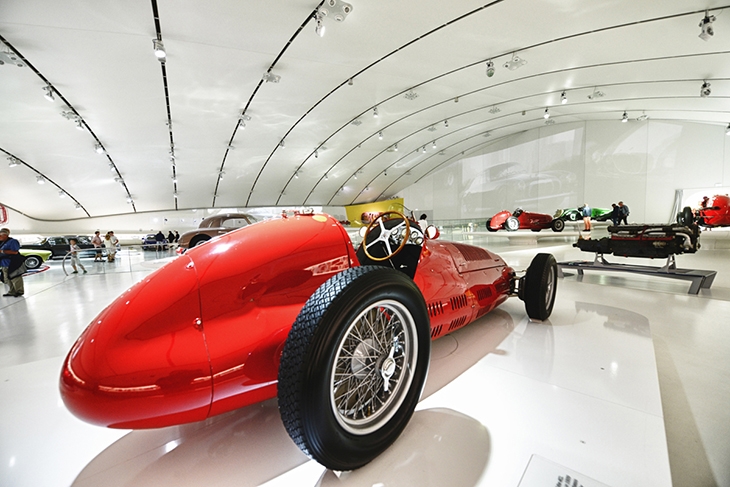 (C) PYGMALION KARATZAS
(C) PYGMALION KARATZAS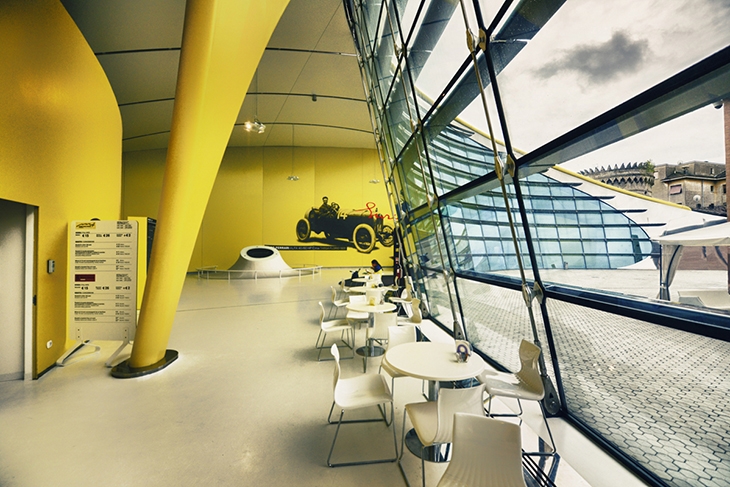 (C) PYGMALION KARATZAS
(C) PYGMALION KARATZAS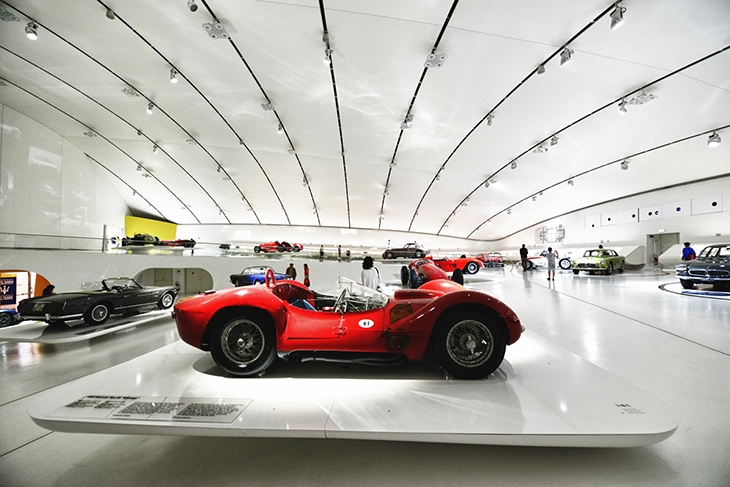 (C) PYGMALION KARATZAS
(C) PYGMALION KARATZAS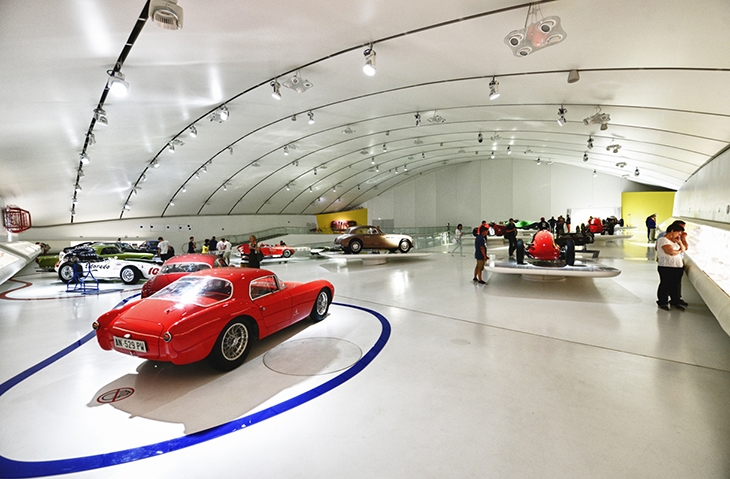 (C) PYGMALION KARATZAS
(C) PYGMALION KARATZAS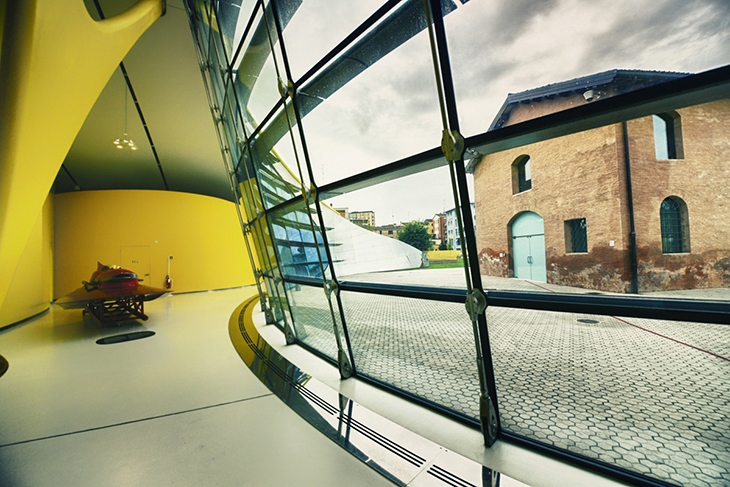 (C) PYGMALION KARATZAS
(C) PYGMALION KARATZAS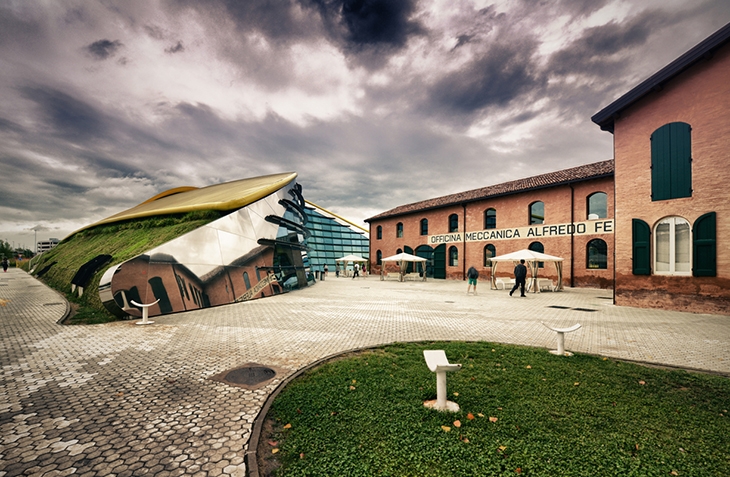 (C) PYGMALION KARATZAS
(C) PYGMALION KARATZAS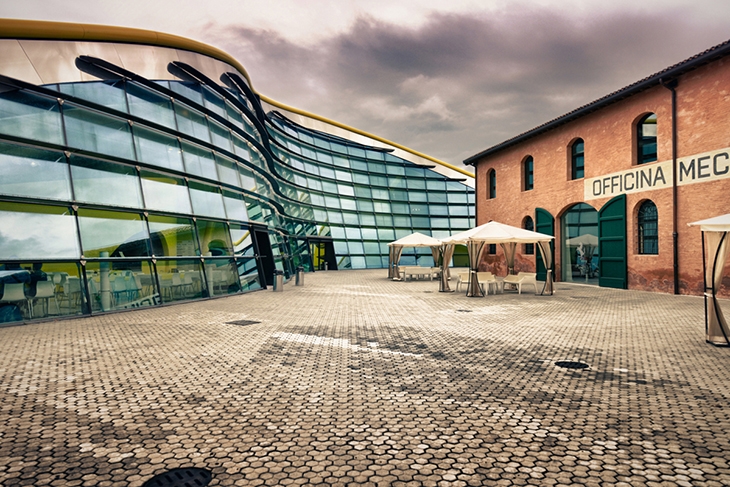 (C) PYGMALION KARATZAS
(C) PYGMALION KARATZAS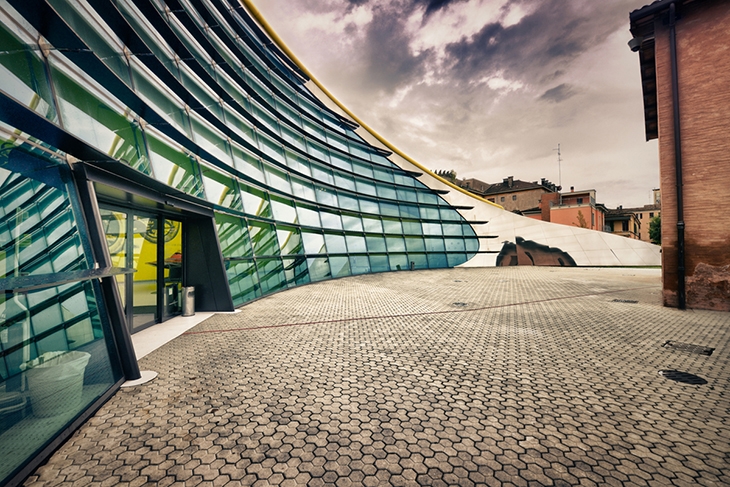 (C) PYGMALION KARATZAS
(C) PYGMALION KARATZASREAD ALSO: GEORGE MESSARITAKIS ARCHITECTURAL PHOTOGRAPHER